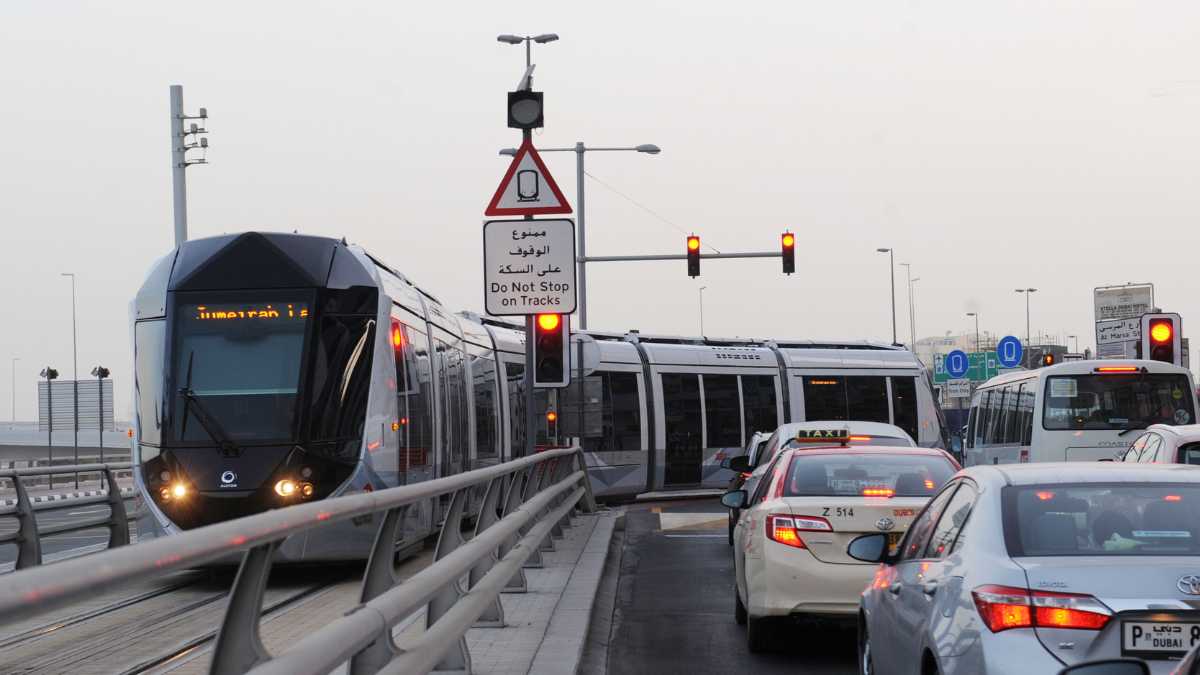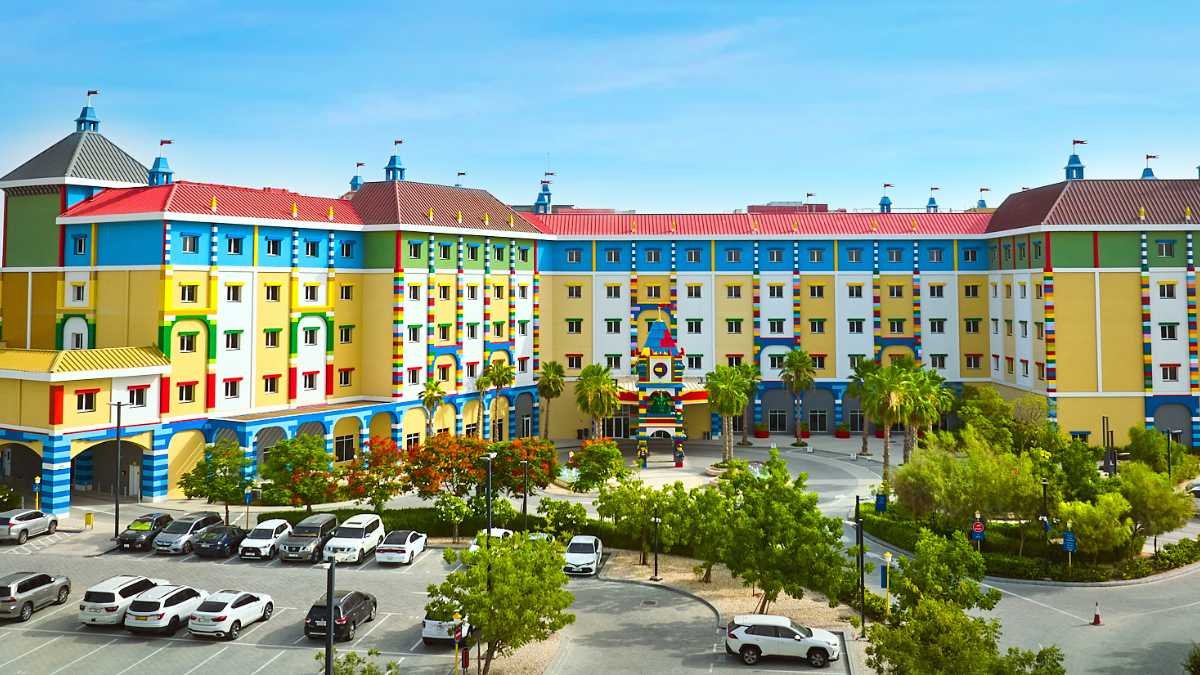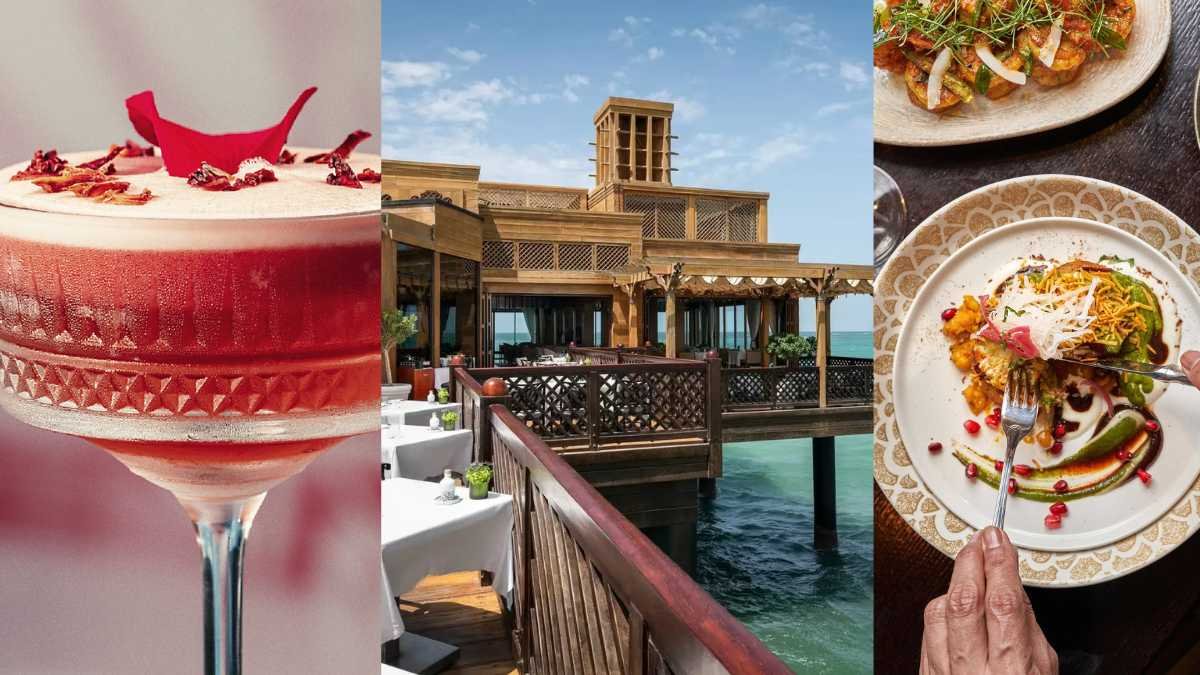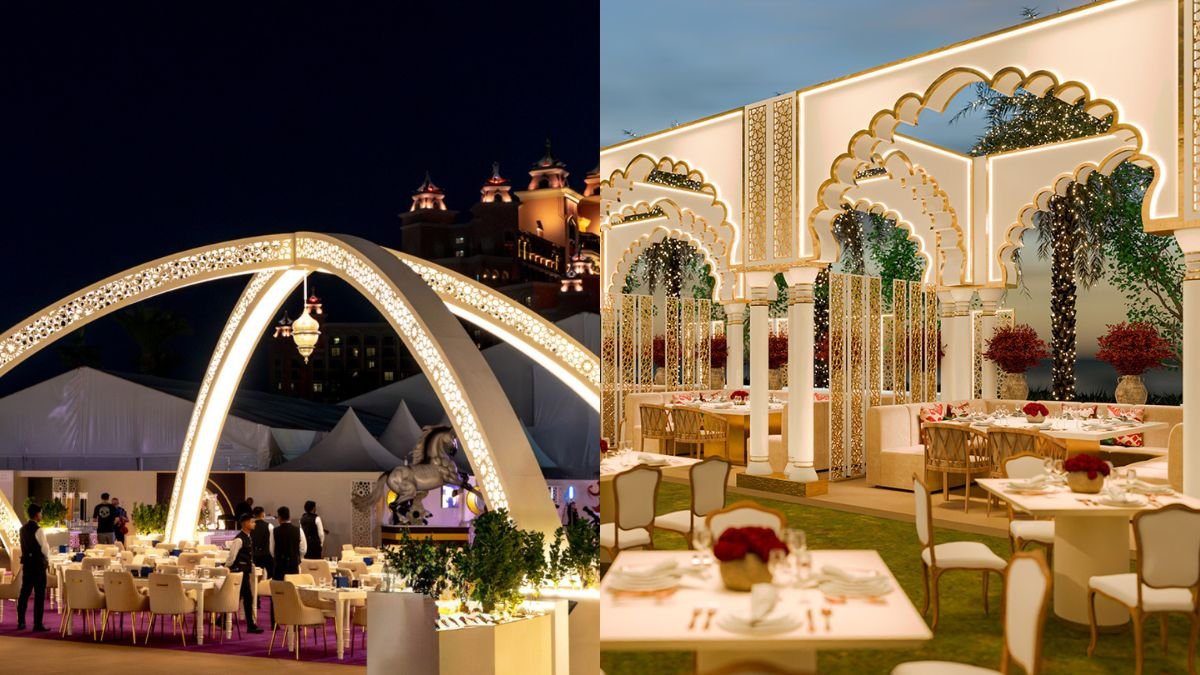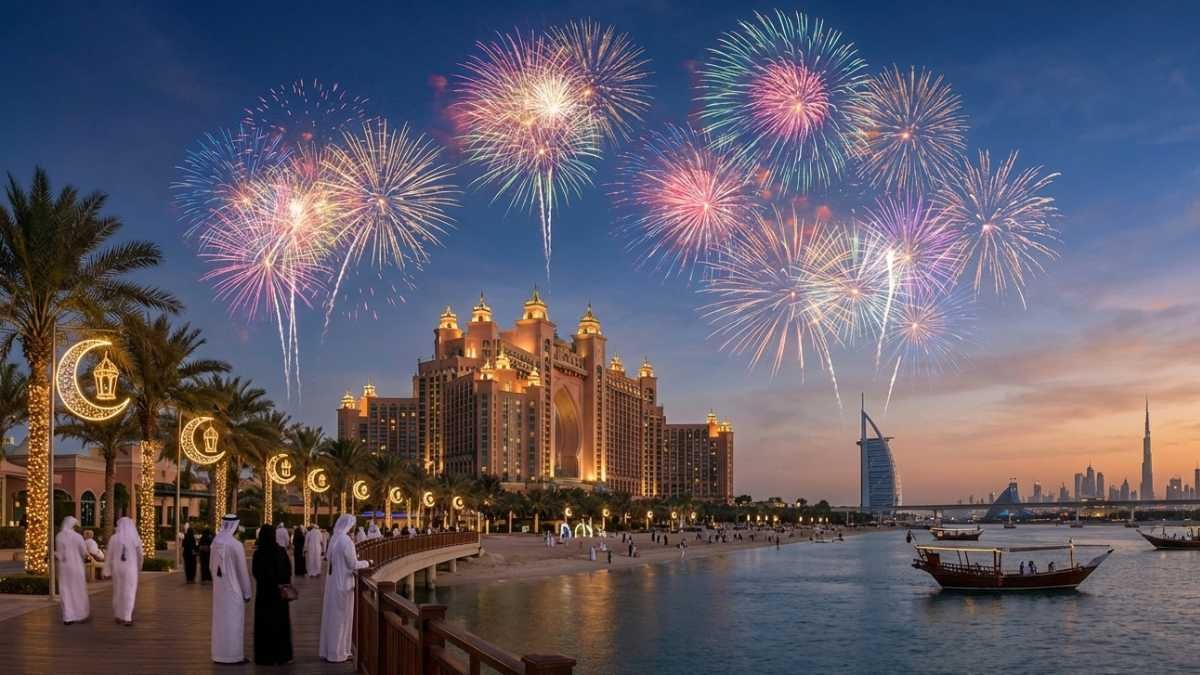Dubai is embarking on a groundbreaking Dhs16 billion road development initiative, a strategic investment that will reshape the city’s transport network, ease traffic congestion, and enhance overall connectivity. This ambitious project aims to elevate Dubai’s infrastructure, making it more accessible, efficient, and aligned with the city’s rapidly growing population and urban expansion goals. The initiative includes a range of transformative projects, including road expansions, improved public transport options, and innovative systems such as trackless trams to create a more seamless commuting experience.
Dubai’s Future: Trackless Trams for Seamless Urban Mobility
One of the most innovative aspects of Dubai’s upcoming infrastructure advancements is the potential introduction of trackless tram systems. Recently, Sheikh Hamdan bin Mohammed bin Rashid Al Maktoum, the Crown Prince of Dubai and Chairman of The Executive Council, visited the Roads and Transport Authority (RTA) to review expansion plans for the city’s tram network. Central to these discussions is the prospect of implementing self-driving trackless trams across eight strategically chosen locations in the city.
These trackless trams operate on virtual tracks, utilizing advanced camera technology and painted lanes on dedicated roads. The system is designed to provide a smooth, eco-friendly, and efficient solution to urban transportation challenges, all while being faster and more cost-effective to construct than traditional trams. Powered entirely by electricity, these trams bring a modern, sustainable edge to Dubai’s public transport.
- Sustainable and Cost-effective: Dubai’s trackless trams operate on electricity, reducing carbon emissions and aligning with the city’s goals of sustainable growth.
- High Capacity and Efficiency: Each tram includes three carriages with a total capacity of 300 passengers, offering a substantial commuting solution for busy areas.
- Optimized Performance and Safety: With a top speed of 70 km/h and an operational speed between 25 to 60 km/h, these trams are engineered to be both high-performing and safe.
- Extended Range: A single charge allows the tram to travel up to 100 kilometers, making it highly viable for daily urban commuting needs.
The Dubai Tram: Celebrating 10 Years of Success and Growth
As the Dubai Tram approaches its 10th anniversary on November 11, 2024, Sheikh Hamdan praised the tram’s accomplishments, highlighting its pivotal role in Dubai’s public transport network. Since its launch, the tram has achieved impressive milestones:
- Ridership Growth: The Dubai Tram has facilitated nearly 950,000 journeys and served around 60 million passengers, reflecting a 850 percent growth in ridership since its inception.
- High Punctuality: With a punctuality rate of 99.9 percent, the Dubai Tram remains one of the city’s most reliable transportation systems, offering residents and visitors a dependable way to navigate the city.
Key Developments Under the Main Roads Development Plan 2024-2027
Beyond tram expansion, the Main Roads Development Plan 2024-2027 focuses on extensive road development projects across Dubai. This plan promises to further transform the city’s infrastructure, addressing current traffic bottlenecks and accommodating future urban demands.
Latifa bint Hamdan Street Project: An Artery of Connectivity
A significant project under this plan, the Latifa bint Hamdan Street development, is set to start in 2025. This ambitious roadway will extend over 12,200 meters and cater to over one million residents, greatly enhancing the road’s capacity for smoother and faster commuting.
- Increased Capacity: Once completed, Latifa bint Hamdan Street will support up to 16,000 cars per hour in both directions.
- Reduced Travel Time: The project will significantly cut travel time, making daily commutes more manageable and efficient.
Expansions of Meydan Road and Al Mustaqbal Street
Another central component of the plan includes Meydan Road and Al Mustaqbal Street, which will undergo transformations to optimize traffic flow and reduce congestion substantially.
- Meydan Road: This project aims to increase capacity to 22,000 vehicles per hour, supporting Dubai’s rapid urbanization and reducing pressure on surrounding roads.
- Al Mustaqbal Street: Expected to boost capacity from 9,000 to 12,000 vehicles per hour, Al Mustaqbal Street’s expansion will slash travel time from eight minutes to just three and a half minutes, greatly benefiting drivers and improving access to various parts of the city.
Why Dubai’s Infrastructure Transformation Matters
Dubai’s road development initiative goes beyond easing traffic; it embodies a forward-thinking approach to sustainable urban growth. By investing in both road expansions and advanced public transport solutions, Dubai is addressing its long-term transportation needs while embracing the latest in eco-friendly and technologically advanced transit options. The project reflects Dubai’s broader goals of building a world-class infrastructure that attracts global visitors, supports economic growth, and enhances quality of life for residents.
- Economic Impact: Improved connectivity fosters business growth by making the city more accessible for professionals, residents, and tourists.
- Environmental Goals: By reducing congestion and offering eco-friendly alternatives like electric-powered trams, Dubai is moving towards its goals of sustainability and reduced carbon emissions.
- Enhanced Quality of Life: With reduced travel times, less congestion, and expanded commuting options, residents can enjoy a better quality of life with more time for family, work, and leisure.
Dubai’s Vision for the Future of Public Transportation
With its eye on the future, Dubai continues to innovate in public transportation, aiming to establish itself as a global model of smart, sustainable, and efficient city planning. By introducing cutting-edge solutions like trackless trams and expanding the road network, Dubai is setting the stage for a smarter, greener urban environment.
Looking Ahead: What’s Next for Dubai’s Transport Landscape?
Dubai’s current initiatives are just the beginning. With rapid advancements in transport technology and the city’s commitment to a smarter, more sustainable infrastructure, future projects may include autonomous vehicles, AI-powered traffic management systems, and even more green transit options. Each development strengthens Dubai’s position as a leader in global urban planning and modern transportation.
By continually improving its infrastructure, Dubai ensures that residents, tourists, and businesses have access to an efficient, world-class transportation system that aligns with the city’s ambitious growth and sustainability goals.

